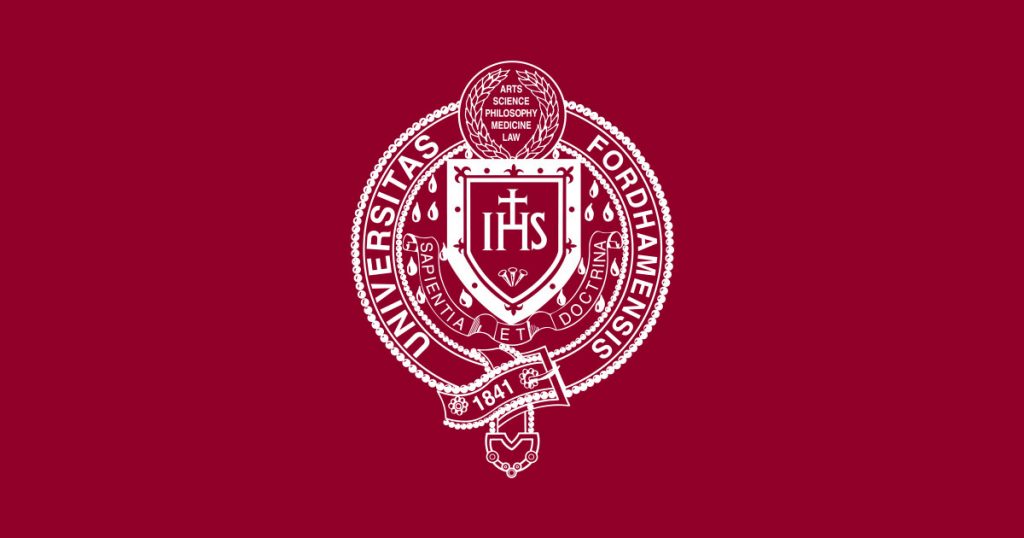Dear Members of the Fordham Family,
On 19 June 1865, news of the Emancipation Proclamation finally reached Galveston, Texas, more than two years after President Lincoln issued the order. In her book, On Juneteenth, professor and Pulitzer prizewinner Annette Gordon-Reed writes, “Slavery was just a blink of an eye away from the years my grandparents and their friends were born. Although I was angered by the stories I heard about their lives under Jim Crow, and I had my own issues about the treatment of Blacks in my lifetime, they surely compared life as it was, knowing what it could have been but for the Civil War, the Emancipation Proclamation, and General Order No. 3. there was a very long way to go before we had full and equal citizenship, we were able to gather together as a family to celebrate.”
This Juneteenth we still have a long way to go, as evidenced by racist murders in a Buffalo supermarket; the rise of an odious “replacement theory” and the appalling embrace and advancement of white supremacist ideologies among some Americans. These movements are not merely continuations of racism, but a backlash against the progress we are making as a nation in redressing the historic mistreatment of Black people.
That backlash, I am convinced, is ultimately doomed to fail. (As a priest, I have to believe that our better angels will prevail. Must prevail—with God’s help.) And I honestly believe that those angels are loose in our country. Why do I believe this? Not since the Civil Rights Movement have so many Americans committed themselves not just to honest conversations about race, but to concrete action. Individuals and institutions are mainstreaming anti-racist attitudes and policies that would have seemed out of reach even five years ago.
Fordham is committed to that work in ways large and small (you can find information on our progress here).
Since 2020 the University has made Juneteenth a paid holiday to celebrate the end of slavery in the United States (this year observed on Monday, 20 June, since it falls on a Sunday), and to reflect upon our individual and collective responsibility to continue the necessary work of confronting racism and educating for justice. This year Fordham will host a talk by Westenley (Wes) Alcenat, Ph.D., assistant professor of history, and of urban, American, and African American studies at Fordham, entitled “Juneteenth, the Haitian Revolution & the Struggle for Black Liberation.” The talk will broadcast via Zoom at this link, on Thursday, June 16, from Noon to 1:15⋅p.m.
In her book, Professor Gordon-Reed writes:
If we can achieve freedom for millions of Black Americans, we can achieve equality. This Juneteenth I invite you both to work and to pray with all your heart and all your soul that “the more perfect union” spoken of in the Preamble to the Constitution might be built in our lifetimes.
Sincerely,
Joseph M. McShane, S.J.

